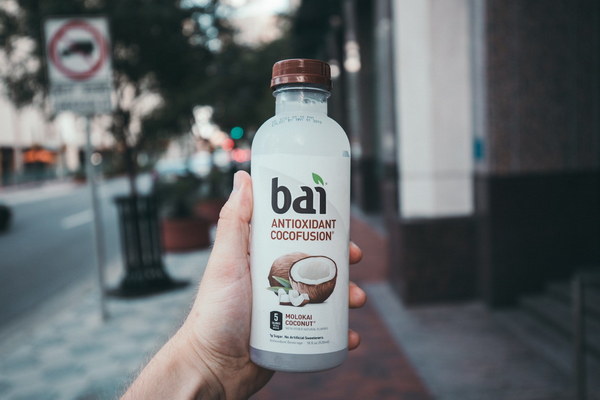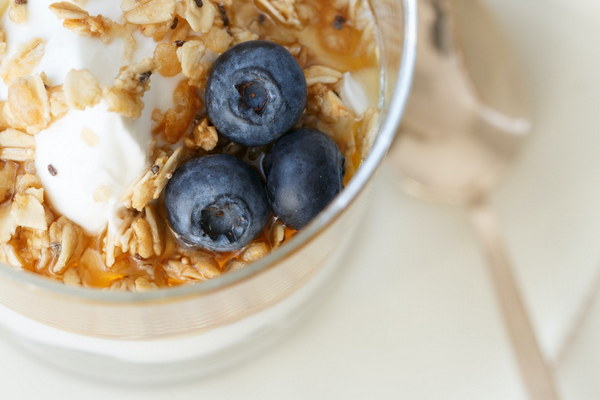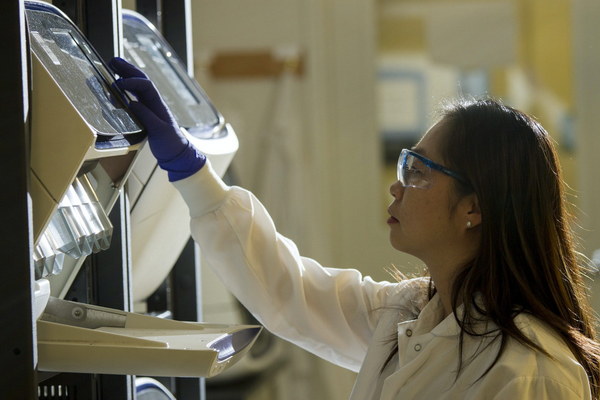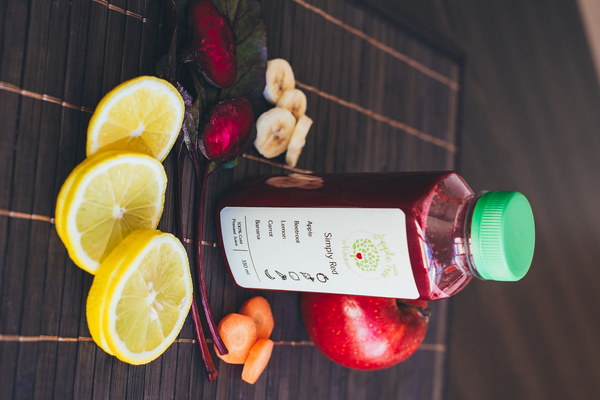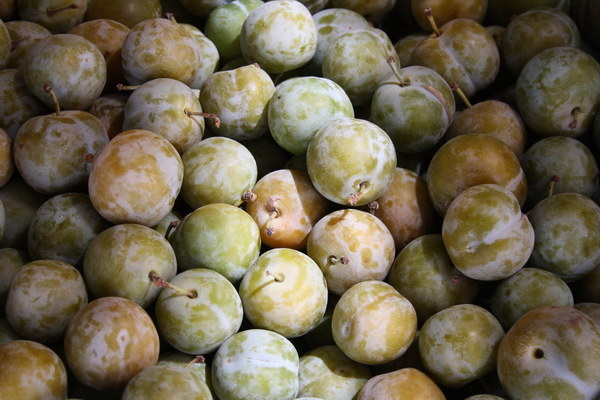Does Sperm Possess Anti-Aging Properties
In recent years, the scientific community has been abuzz with the potential anti-aging properties of sperm. The idea that the tiny cells responsible for reproduction might also hold the key to longevity has sparked a wave of curiosity and research. But does sperm really possess anti-aging properties? Let's delve into the topic and explore the evidence.
The Science Behind the Hype
The concept of sperm as an anti-aging agent is rooted in the belief that sperm contains high levels of antioxidants and other beneficial substances. These compounds are thought to protect cells from damage caused by free radicals, which are unstable molecules that can lead to aging and disease.
One study published in the journal Reproductive Biology and Endocrinology found that sperm contains high levels of vitamin C and vitamin E, both of which are potent antioxidants. These vitamins are known to neutralize free radicals and protect cells from oxidative stress.
Antioxidants and Longevity
Antioxidants are essential for maintaining cellular health and preventing aging. They work by scavenging free radicals before they can cause damage to DNA, proteins, and lipids. By doing so, antioxidants can help slow down the aging process and reduce the risk of age-related diseases.
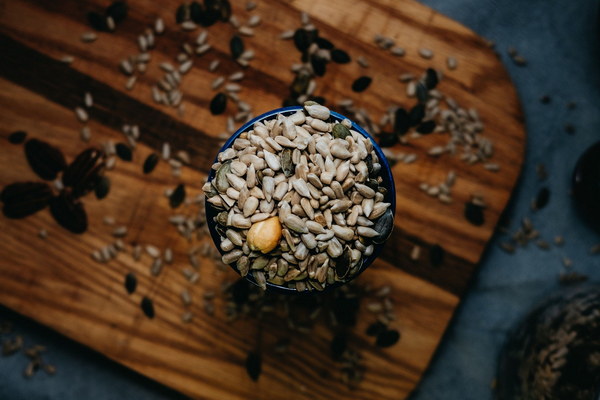
The presence of antioxidants in sperm suggests that these cells may be adapted to protect themselves from environmental stressors. If these protective compounds can be transferred to the male body, they might also provide benefits to the male partner.
Potential Benefits of Sperm Antioxidants
The potential benefits of sperm antioxidants are not limited to the male partner. Here are some ways in which sperm's anti-aging properties might be beneficial:
1. Improved Skin Health: Antioxidants in sperm could potentially help protect the skin from UV damage and other environmental stressors, leading to healthier and more youthful-looking skin.
2. Enhanced Immune System: A strong immune system is crucial for fighting off infections and diseases. Antioxidants may help boost immune function by neutralizing free radicals that weaken the immune system.
3. Reduced Risk of Chronic Diseases: Age-related chronic diseases such as heart disease, cancer, and Alzheimer's disease are often associated with oxidative stress. Sperm's antioxidants might help mitigate the risk of these diseases by protecting cells from damage.
The Research Continues
While the idea of sperm as an anti-aging agent is intriguing, more research is needed to fully understand the potential benefits. Studies are ongoing to explore the following questions:
- How do sperm antioxidants interact with the male body's cells?
- Can the beneficial compounds in sperm be extracted and used as a supplement?
- Is there a correlation between sperm quality and the presence of antioxidants?
Conclusion
The evidence suggests that sperm may indeed possess anti-aging properties due to its high concentration of antioxidants. While more research is needed to fully grasp the implications of these findings, the potential benefits of sperm's antioxidants are certainly worth exploring. As our understanding of the human body and its intricate systems continues to grow, the possibility that sperm could be a key to longevity is an exciting prospect.


